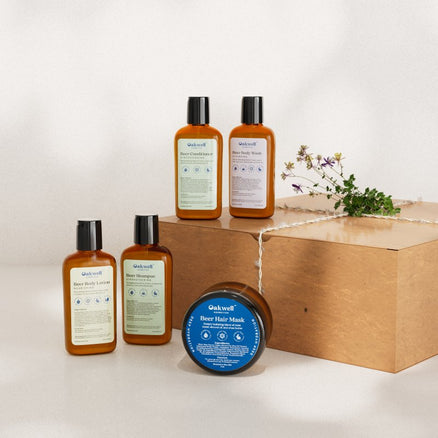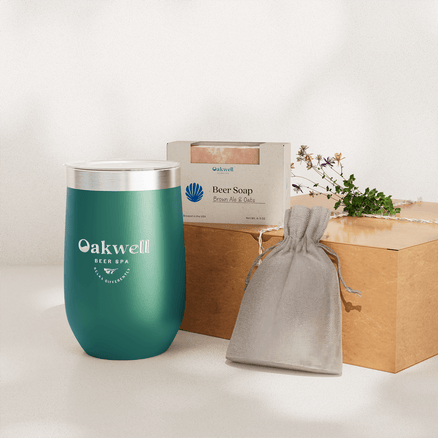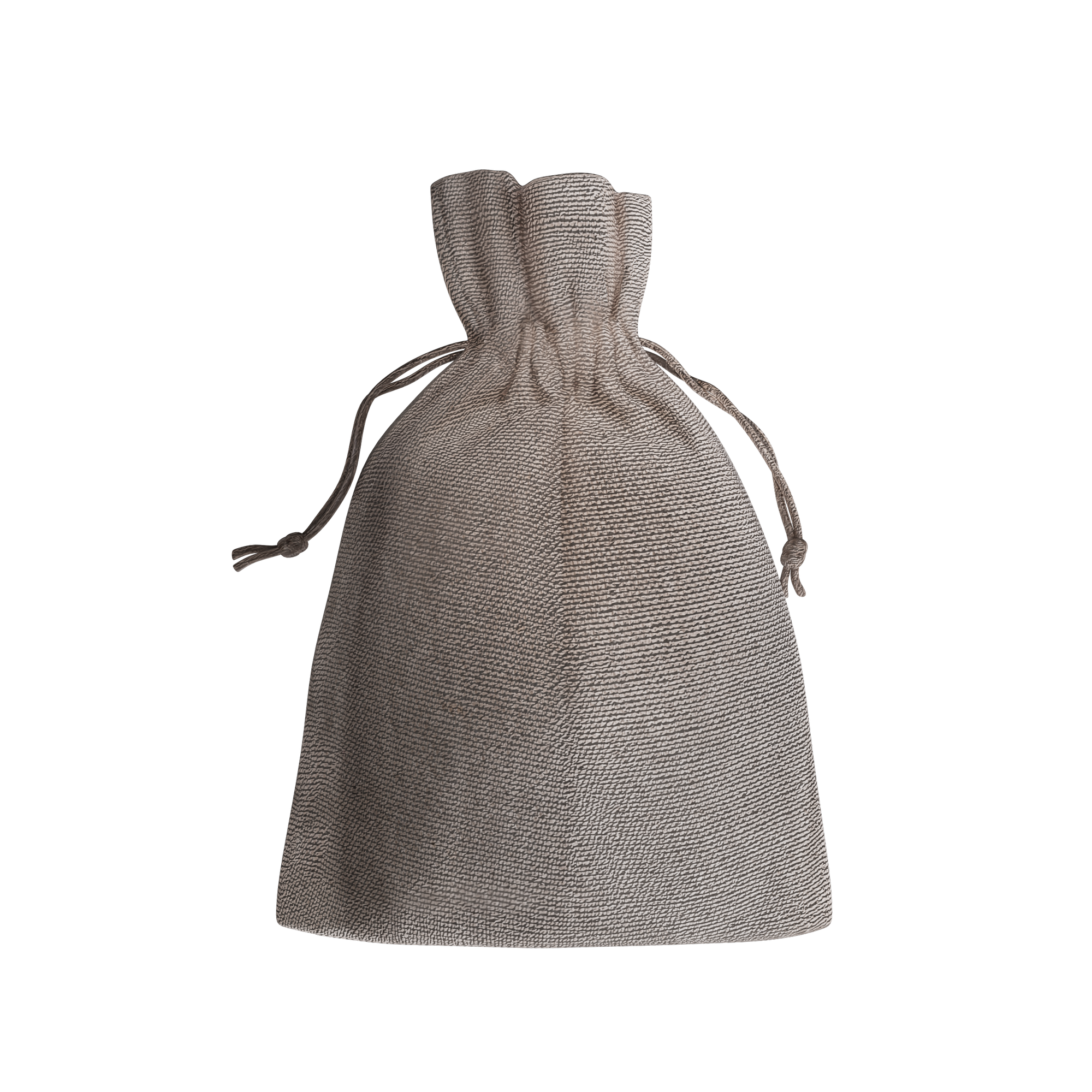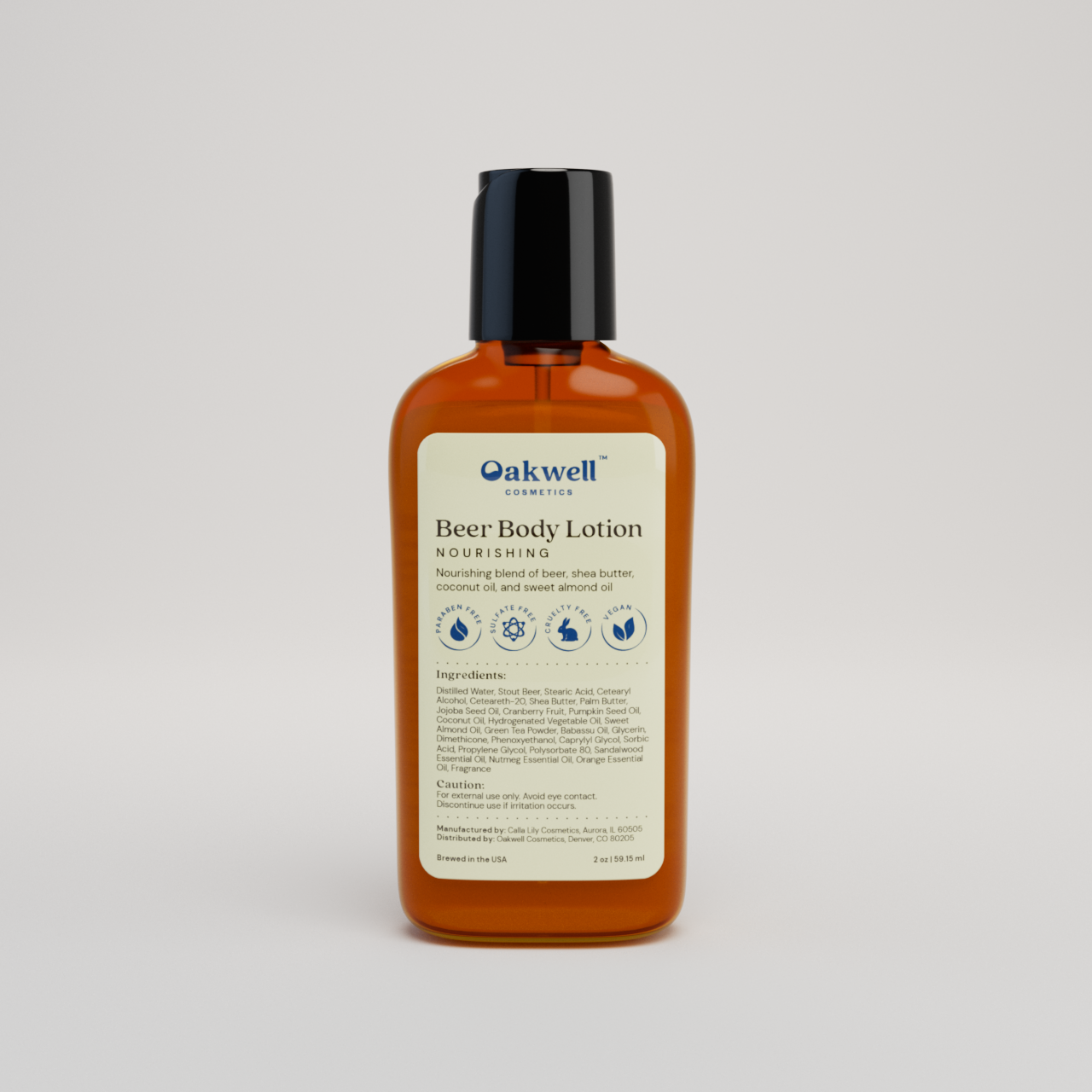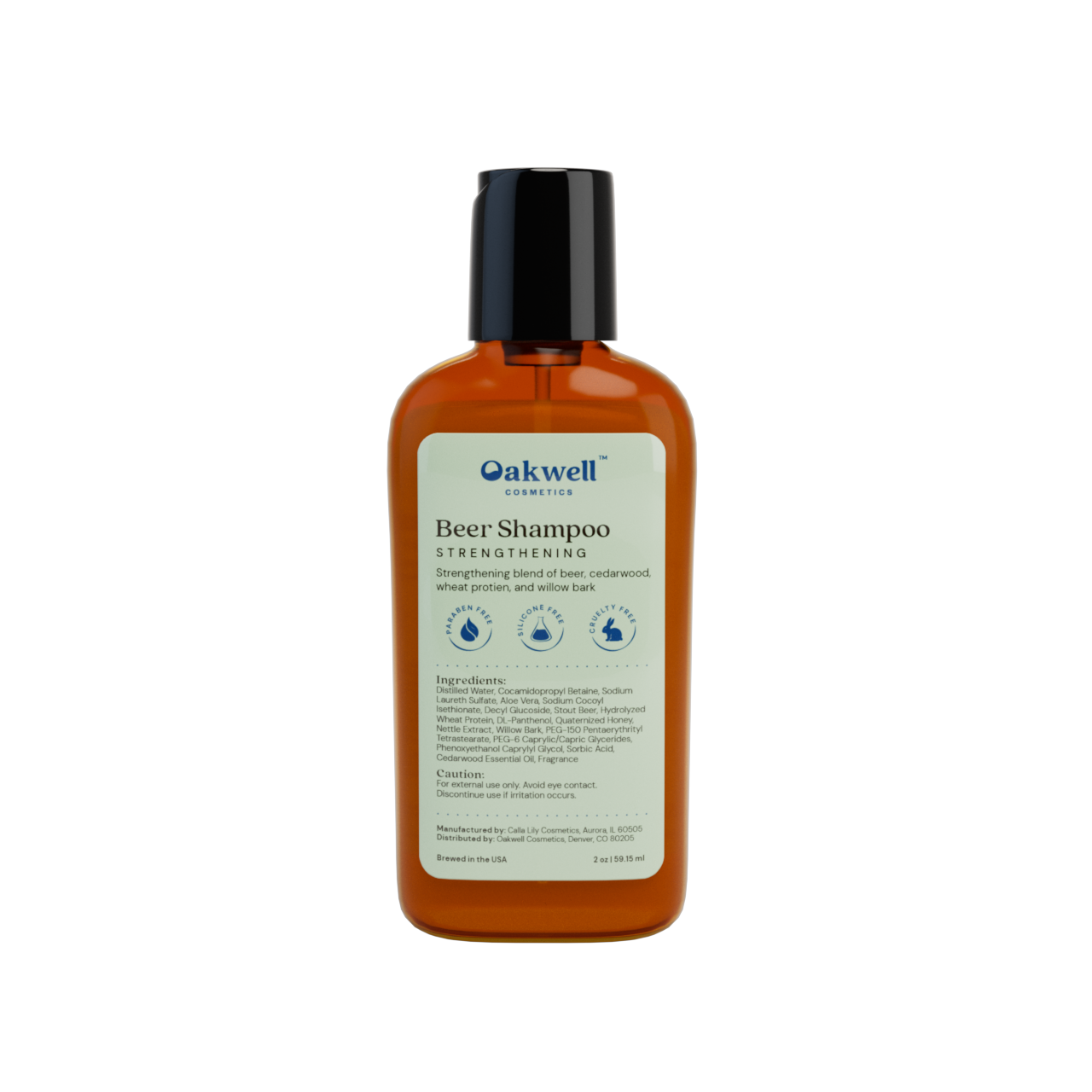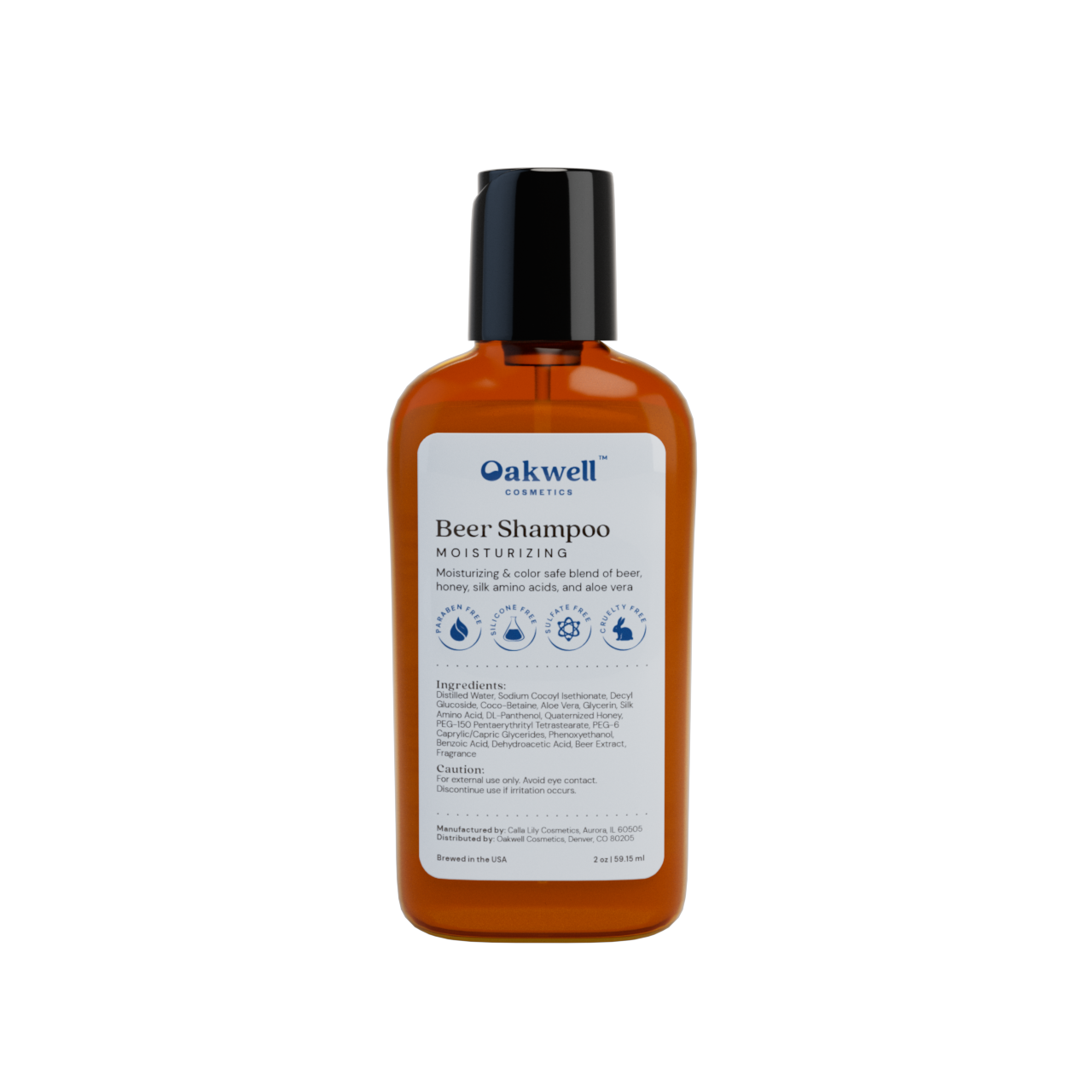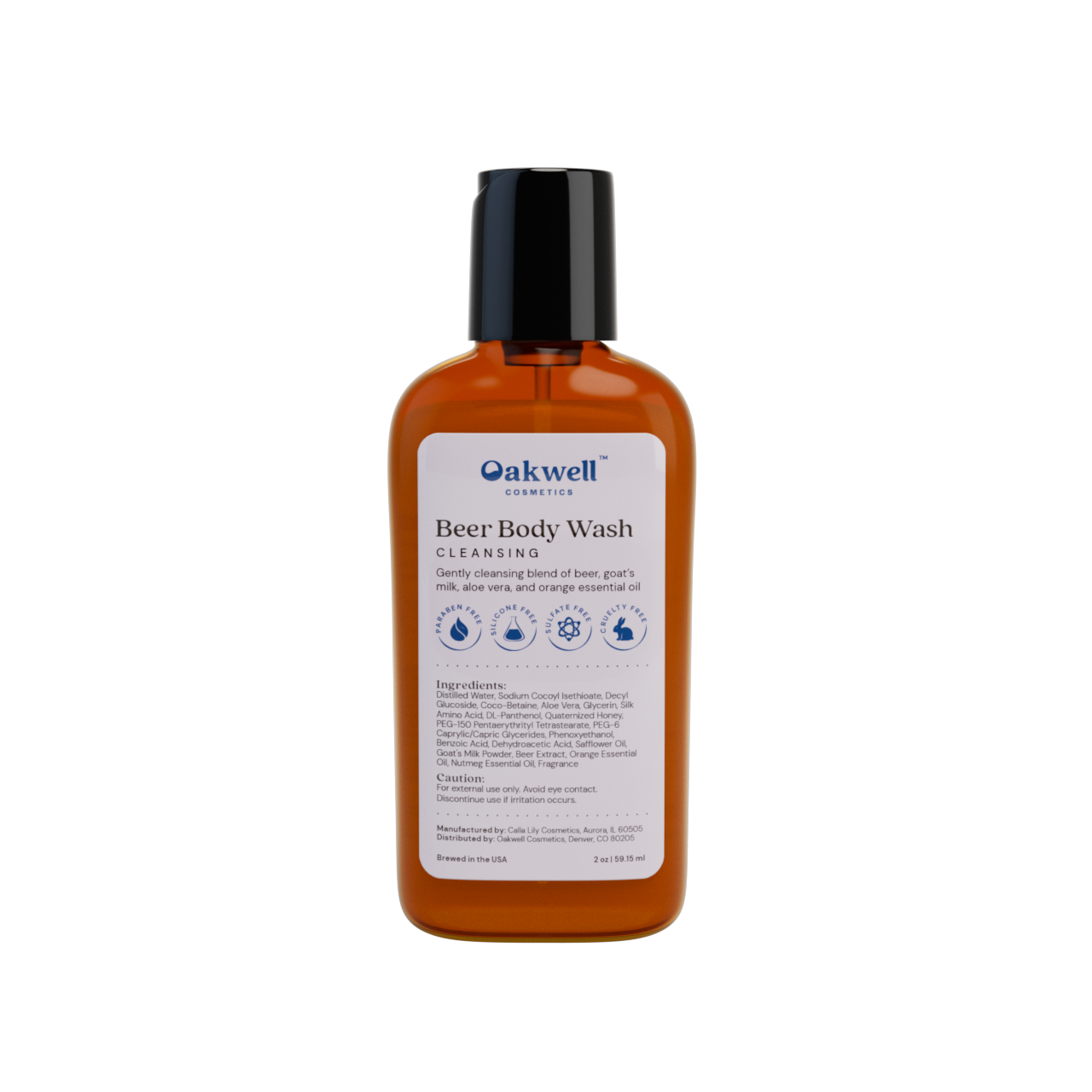How to Identify Skin Type: According to a Dermatologist

Knowing your skin type can help you have a successful skincare routine for healthy skin. In this article, we’ll explore how to identify skin type and helpful tips for taking care of your skin.
According to Dr. Hannah Kopelman, a dermatologist at DermOnDemand, skin type refers to the unique characteristics of your skin, which are primarily determined by genetics but can also be influenced by factors like environment, hormones, and lifestyle.
Below, Dr. Kopelman shares her insights to help you answer, “What is my skin type?” We’ll discuss the main skin types, how to identify yours, and how to choose the best skincare products.
Main Skin Types
Dr. Kopelman explains that there are five main skin types:
- Oily - More oil production than necessary, often leading to shiny skin and clogged pores
- Dry - A lack of hydration, causing skin to feel tight or rough
- Combination - Both oily and dry, with the T-zone (forehead, nose, and chin) typically producing excess oil and the cheeks being drier
- Normal - An appropriate balance that isn’t too oily or dry, offering a smooth texture and small pores
- Sensitive - Skin that tends to react easily to products, often due to environmental triggers or underlying skin conditions, regardless of how oily or dry your skin is
While these primarily focus on the face, the rest of your skin can also be classified as one or more of these skin types.
How can I check my skin type?
“When patients ask me how to identify their skin type, I recommend a simple at-home test,” says Dr. Kopelman. “First, cleanse your face with a gentle, non-stripping cleanser, pat it dry, and leave the skin bare for about an hour – no moisturizers or serums. Then, observe how your skin feels and looks.”
Oily skin will be shiny all over your face. Dry skin will feel tight, itchy, or flaky. Combination skin will be shiny in your T zone, while your cheeks seem normal or dry. Normal skin looks and feels balanced and comfortable. Sensitive skin will often show redness, irritation, or discomfort.
You can also use an online skin type test or app or consult with a dermatologist in person.
Choosing the Right Products for Your Skin Type
Dr. Kopelman says one of the most important reasons to determine skin type is that you can choose products that work with your skin rather than against it. For example, if you have oily skin, a heavy moisturizer can cause irritation, while a lightweight moisturizer can help balance your natural oils.
Once you know your skin type, Dr. Kopelman suggests the following products:
- Oily skin - Lightweight, oil-free moisturizers and gel-based cleansers with ingredients like salicylic acid to control oil without over-drying
- Dry skin - Hydrating formulas with ceramides, shea butter, or hyaluronic acid to moisturize the skin
- Combination skin - Balancing products, like a lighter lotion for the T-zone and a richer cream for drier areas
- Sensitive skin - Fragrance-free, hypoallergenic options with soothing ingredients like aloe or colloidal oatmeal
“I recommend that everyone with any skin type, including normal, use a cleanser, moisturizer, and sunscreen daily,” says Dr. Kopelman. “Then, add targeted treatments like those mentioned above, as needed. The simpler your routine, the easier to manage and the more effective it is.”

Oakwell Cosmetics for Your Skin Type
Oakwell Cosmetics is a natural skin and haircare brand with a range of gentle products tailored for different skin types. All products are made with hops and barley, natural beer ingredients packed with vitamins, minerals, and antioxidants with antibacterial and anti-inflammatory properties the skin loves.
Some of our favorite products for various skin needs include:
- Calming Bath Salts - A relaxing blend of Epsom and sea salt, beer hops and barley, colloidal oatmeal, and essential oils good for all skin types, especially sensitive and dry skin
- Cleansing Body Wash - A gentle, creamy body wash with hops, barley, goat’s milk, and orange essential oil good for all skin types, including oily skin
- Brown Ale & Oats Soap Bar - A hydrating soap bar with hops, barley, oats, and natural oils good for sensitive and dry skin
- Lemongrass & Lager Soap Bar - A gentle, deep cleansing soap with hops, barley, calendula, and natural oils good for dry and acne-prone skin
- Nourishing Body Lotion - A lightweight, moisturizing lotion with hops, barley, shea butter, coconut oil, and sweet almond oil good for all skin types, especially normal and dry skin
How to Identify Skin Type: FAQs
Learn more about identifying and caring for your skin type with answers to common questions below.
How many skin types are there?
Four main skin types are oily, dry, combination, and normal – all of which relate to how much oil your skin produces. Your skin can also be sensitive, which isn't necessarily linked to oil production and can be caused by an underlying skin condition or environmental factors.
What is my skin type?
Your skin type is oily, dry, a combination, or normal. It may also be sensitive.
A dermatologist can help you determine your specific skin type. You can also do an at-home test by washing your face with a gentle, non-stripping cleanser and patting it dry. Then, wait one hour before observing how your skin feels and looks.
Why does skin type matter?
Knowing your skin type allows you to have a skincare routine that best suits your skin's oil production. For example, you'll want to use lightweight, non-oily products if you have oily skin. If you have dry skin, you'll want to use hydrating products that add and retain moisture.
How often should I cleanse my skin?
You should usually shower once daily and wash your face twice daily – morning and night – regardless of your skin type. Your primary focus should be the products you use to address your skin type. For example, you may be tempted to overwash your face if you have oily skin, but this can actually cause your skin to produce more oil. Instead, focus on using lightweight, oil-free products.
Hot water can strip natural oils, so if you already have dry skin, it’s best to use lukewarm water and take shorter baths and showers.
Can skin type change over time?
According to Dr. Kopelman, it’s common for skin type to change over time due to the following factors:
- Age - As we age, our skin naturally produces less oil, causing skin to become drier over time
- Hormonal changes - Hormonal fluctuations caused by puberty, pregnancy, menopause, and hormonal medications can alter the skin’s oil production
- Environmental influences - Climate plays a significant role in skin type, so moving to a humid area can cause oily skin, while a colder, drier climate can cause dry skin
- Lifestyle changes - Diet, hydration, stress levels, and sleep patterns can all impact skin – for example, stress can increase oil production, while dehydration can make skin drier
- Skincare products - Using the wrong products or overusing certain ones, like harsh cleansers or exfoliants, can strip the skin of its natural oils, leading to dryness, or trigger excess oil production as the skin tries to compensate
- Health conditions or medications - Certain medical conditions, like hypothyroidism or acne, and medications, like retinoids, isotretinoin, and hormonal birth control can cause shifts in skin type
How to Identify Skin Type: Conclusion
We hope you found this article helpful in answering, “What is my skin type?” Once you identify whether your skin is oily, dry, normal, combination, or sensitive, you can choose appropriate products and a skincare routine that works for you.

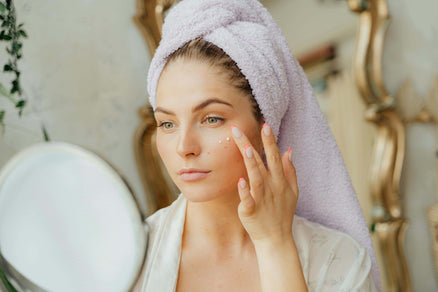
Become a part of our community and be the first to learn all there is to know about Oakwell

